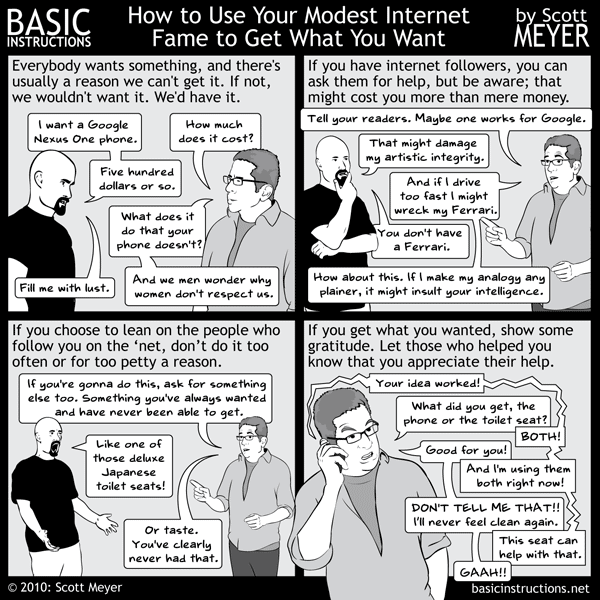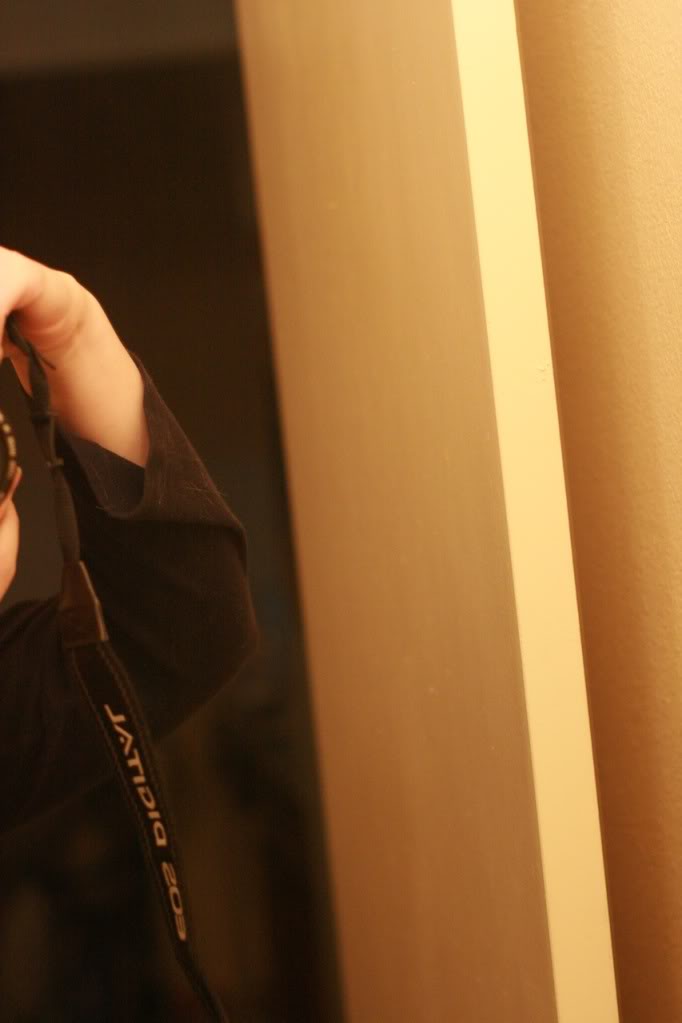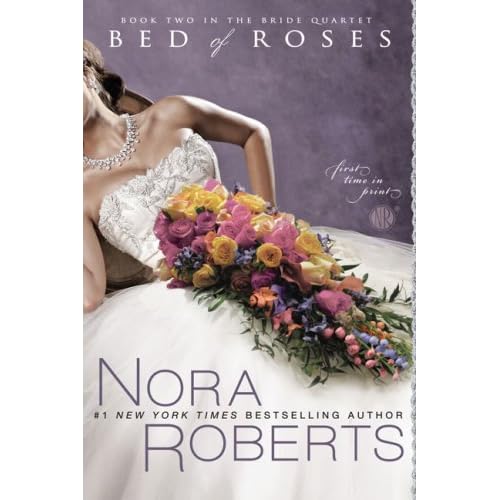At the bottom of this post is a boxed list of URLs of WHO Code violators to paste into the ad filter at Google AdSense. Feel free to skip there if you know what you're doing. If you want more information on how to filter AdSense ads and how the URLs were chosen, read on.
If you're a breastfeeding activist who wants to abide by the World Health Organization's International Code of Marketing of Breast-milk Substitutes (aka the WHO Code — PDF here),1 but who also
 wants to pick up a little Google AdSense revenue on a blog, you probably have been stuck with a conundrum.
wants to pick up a little Google AdSense revenue on a blog, you probably have been stuck with a conundrum.AdSense sells ad space based on keywords, and advertisers vie for page views and position according to a bid system. Formula companies specifically bid for keywords like "breastfeeding," and they have big budgets, so they often win the page view. They also use deceptive lead-ins like a title offering breastfeeding help, when the ad will spit you out onto a formula page.
Parenting bloggers will in all innocence write a blog post related to breastfeeding success, only to find the accompanying ads undermine their efforts and distress their readers.
Google AdSense filtering options
Google AdSense doesn't have a helpful category opt-out the way BlogHer ads have added, after pressure by PhD in Parenting, with a specific WHO Code-compliant category to check that opts interested members out of ads promoting "infant formula, related companies, artificial nipples or pacifiers or bottles."The opt-out categories Google offers are more limited:
- Cosmetic procedures and surgery
- Dating
- Drugs and supplements
- Get rich quick
- Politics
- Religion
- Ringtones and downloadables
- Sexual and reproductive health
- Sexually suggestive
- Video games
- Weight loss
(You can opt out of any of these categories through the category filter checkboxes at the Allow & Block Ads tab --> Sensitive Categories in the left sidebar.)
However, there is one way to specify which ads you will not allow on your site, and that is by entering specific Advertiser URLs within the Blocking options. Click on the tab labeled "Allow & Block Ads," and then choose "Advertiser URLs" from the links along the left sidebar, under "Blocking options."

The premise is to keep competitors' ads off your site, but it can be used to ban any particular URL from appearing. The guidelines Google gives are as follows [text below from an obsolete version of the help center]:
The competitive ad filter works by blocking ads that link to specific URLs. This way, you can easily block all ads that are linked to your competitor at www.example.com. By entering a top level domain such as www.example.com, you'll also block all ads that link to subdirectories below that domain. The following rules apply to the competitive ad filter:
* Entering example.com will block ads to example.com and example.com/sub
* Entering example.com will also block ads to www.example.com and forums.example.com
* www.example.com will block ads to www.example.com but not to forums.example.com or example.com
* example.com/sub will not block ads to example.com/products or example.com/sub/index.html
Generally, it's a good idea to leave the 'www' off of URLs in your filter list to provide for broader filtering.
For our purposes, we will include as many URLs we can that are related to marketing in violation of the WHO Code.
The list parameters
Finding and entering each URL is a tedious and herculean task. Wait, did I just compare myself to Hercules? Well, at least someone amenable to tedium.The list below contains:
- URLs for formula websites for multiple countries (with relevant and varied domain endings, such as .com, .de. .co.uk, etc. — in some cases, no specific site exists as of yet at a specific domain suffix, but I've included them in case a site is added at some time in the future)
- websites of parent companies of formula companies
- other WHO Code violators' websites, such as bottle or breast pump manufacturers that do not abide by the WHO Code
- websites of related products (such as other brands and sub-companies under the violating parent companies, like Butterfinger for Nestlé and Simplisse for Dr. Brown's)
- websites that consistently advertise such products or under such keywords (for instance, Target and YouTube, respectively, any of which URLs you are welcome to remove from the blacklist if you disagree with such reasoning; I was getting pretty annoyed after seeing them time and again when searching for formula keywords and can't guarantee they won't have similarly offensive ad content)
I've compiled as many as I could by searching for formula product names in multiple countries, and by going to the root company websites to gather as many brands and products as I could and then search for their URLs. As I searched, I also looked along the side and top for Google Ads (hey, find 'em where they live!) and blacklisted any ads that consistently showed up for formula keywords, that promoted formula or bottles in violation of the WHO Code, or that appeared to be advertisements for the companies on the blacklist.
I would like to thank TheLactivista on Twitter, PhD in Parenting, and Crunchy Domestic Goddess for giving me a solid head start. The rest was booooring Google searches for all the domains I could find. Thank goodness Nestlé is thorough in promoting its brands and URLs.
Reporting problem domains
The problem with this list is that formula companies are sneaky and are always coming up with new URLs to weasel past any such filters. Please report any new offending URLs you see in a Google ad (it must be the URL at the bottom of the ad, not the name or text above) so that I can add it to the list. We will not be able to eradicate unwelcome ads from showing up, but this list will hopefully cut down on the amount of unintentional page views, make the WHO Code violators' job harder, and continue our activism for breastfeeding support against the unethical marketing practiced by WHO Code violators.To report new URLs that are in violation of the WHO Code, leave a comment on this post or contact me by email. To ensure violating companies are not given link love, any comments you leave with a URL can be obscured by adding spaces or spelling out "dot com" or similar techniques.
Activating the blacklist
To activate the list on your AdSense, go to your Adsense homepage and then select the "Allow & block ads" tab along the top. Click on "Advertiser URLs" in the left sidebar (see first screenshot), and then copy and paste the contents of the box below into the text box at the top of the ad-blocking page. Click "Block URLs" to save.
At the top where it says "Advertiser URL > Product:" you'll see that the "Content" field after that is a drop-down menu. Click on it and choose other AdSense products that you use. Paste the same list into each of those. For instance, I also participate in AdSense for feeds and search, so I pasted it into those products for my account.

Anytime a new URL is reported, come back to this page to copy the newest list, or enter it manually in all three boxes and save your changes.
The URLs are automatically sorted in alphabetical order, so it's easy to find a specific one.
Here is the list of URLs to block
Click within the box, then select all and copy.Remember, we need your help to monitor for new URLs that must be blocked. Please report the specific URL by leaving a comment on this post or contacting me by email.
1 I will be writing more about the WHO Code and why it's important over at Hobo Mama, my parenting blog. As a quick summary, the WHO Code seeks to stem the outrageous marketing techniques used by infant formula manufacturers and related companies to undermine breastfeeding globally, despite such companies' clear knowledge of the WHO Code. Violations of the WHO Code have been disastrous for babies in developing nations and have had measurable deleterious effects on breastfeeding success and infant health in developed nations. Promoting the WHO Code is about ensuring the dissemination of appropriate information about infant feeding and supporting parents' choice in the matter, and is not an attack against any parents for their own choices or experiences in infant feeding.↩






 This is me being a genuine weirdo.
This is me being a genuine weirdo.



